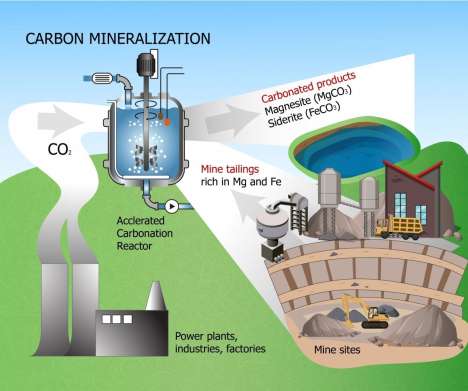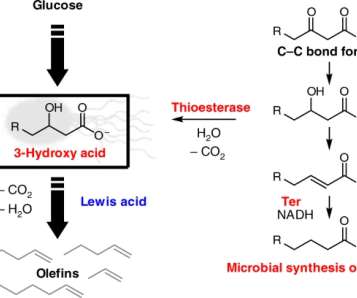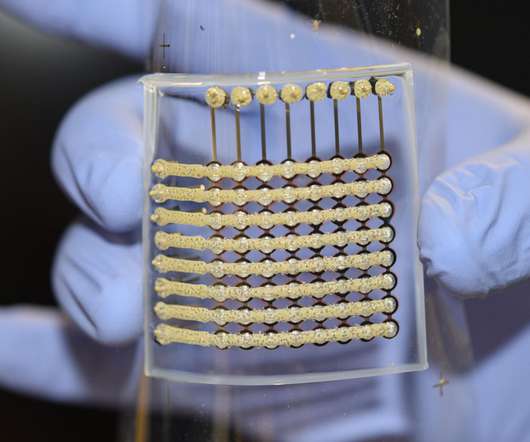Michigan Tech receives $2.5M ARPA-E MINER award for carbon storage and extraction of critical minerals from mine tailings
Green Car Congress
JANUARY 17, 2023
A Michigan Tech project to help mines in Michigan’s Upper Peninsula and Minnesota achieve net-zero emissions while extracting critical minerals from mine tailings has received $2.5 The DOE awarded grants to develop rapid carbon mineralization and critical mineral extraction technology to 16 projects nationwide, totaling $39 million.





































Let's personalize your content